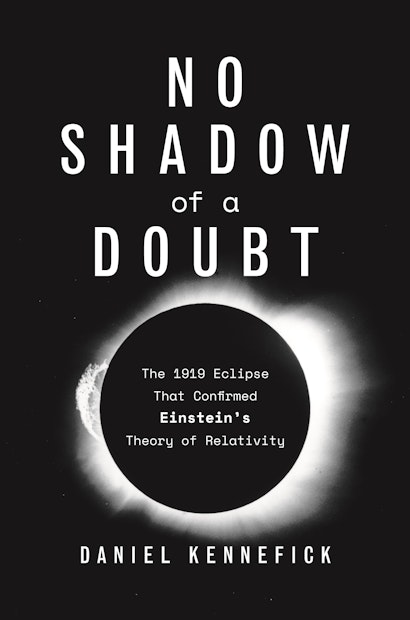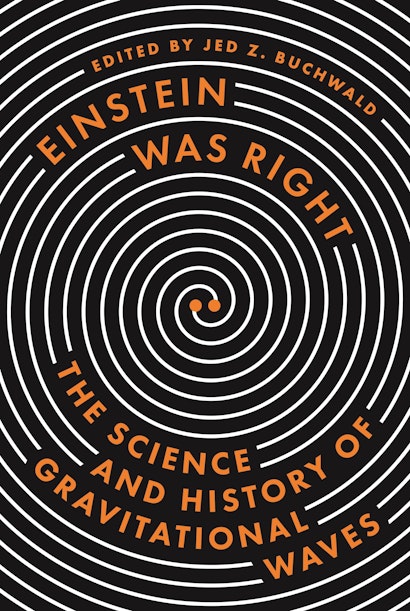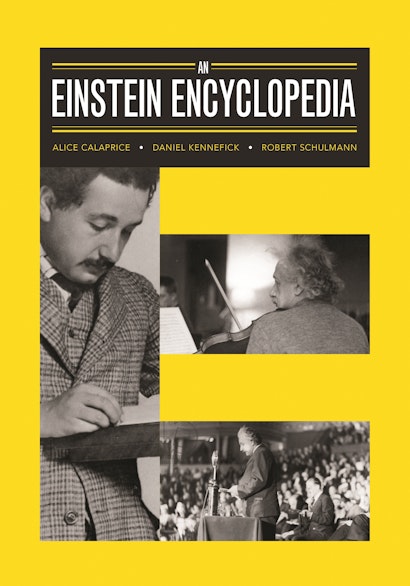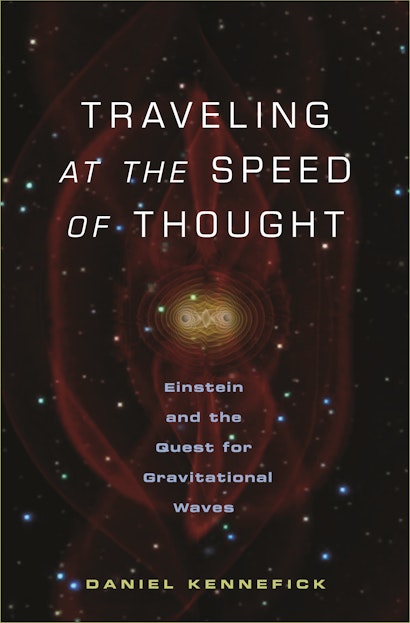On March 14th, 1919 Albert Einstein celebrated his 40th birthday. Typically for him, the big milestone passed quietly. As he confided in a letter to his mother and sister, “It wasn’t as bad on my birthday as you think,” with only his own household being aware of the event, “thank God!” Unbeknownst to Einstein, this birthday would be the last one he could enjoy in comfortable obscurity. Events were in motion that would make him an international celebrity literally overnight before the year was out. By the time of his fiftieth birthday, he would experience an intolerable level of scrutiny as newspapers around the world marked the occasion with long articles about him, his life and work and local dignitaries in Berlin vied to make a fuss over him and ply him with expensive presents. Today, more than half-a-century after his death, his birthday forms a part of pi-day activities every year, as science is celebrated with events in many countries.
On Pi-day of 1914, as Einstein let his birthday pass largely unremarked upon, astronomers from two English observatories arrived aboard the RMS Anselm on the island of Madeira in the middle of the Atlantic ocean. Two of them were travelling onward to Brazil aboard the Anselm, a passenger steamship bound for the mouth of the Amazon river. The other astronomer on board, Arthur Stanley Eddington, was disembarking on Madeira. The two expeditions were aiming to observe the total solar eclipse of May 29th, 1919. Their plan was to test Einstein’s theory of General Relativity and his prediction that light is affected by gravity. Eddington’s intended station was the island of Principe off the coast of west Africa, thousands of miles from Madeira. But due to a state of civil unrest in Portugal, colonial master of both Madeira and Principe, he had no way of knowing, as he landed, how he would get to Principe. He merely hoped that the recent close of hostilities in Portugal would permit sailings to recommence and that he would be able to book onward passage in time to observe the eclipse for which he was travelling so far.
It had been an eventful year for Einstein. In late January he fled Berlin for Switzerland, escaping the turmoil of Spartacus week, the last outburst of street fighting that marked the German revolution which had overthrown the Kaiser. He was anxious to reach Switzerland because he wished to divorce his first wife, Mileva Maric, in order to marry his cousin Elsa Einstein. That divorce was granted on February 14th, 1919 with Einstein, present in the Swiss courtroom, adjudged to be the guilty party. Coincidentally that same day the members and planners of the English expeditions met for the final time before departure at Burlington House, Piccadilly, London. They had been beset with many problems in making their plans over the previous few months as the first World War created difficulties with personnel, equipment and transport. Happily, the sudden end of the war in November 1918 had come just in time to permit their departure from England in early March. At the final meeting it seemed as if everything was in place and that only bad luck with the weather could now ruin their experiment. May 29th dawned cloudy both in Brazil (at the town of Sobral in northeastern Brazil) and on Principe, but luckily enough the clouds broke up or thinned in both places, permitting photographic plates of stars near the eclipse Sun to be taken. This would permit Einstein’s prediction that starlight is deflected by the Sun’s gravity to be tested.
Einstein was aware of the two expeditions but could not know how they were faring. In early June he had had no news at all, though of course the date of the eclipse was well known to him. On June 2nd he married Elsa and on June 16th he wrote to his mother that a Dutch newspaper had reported that the expeditions had been able to take plates at the eclipse. He hoped that it would only be a few weeks before results would be announced, but in fact it would take several months to accomplish the complex data analysis required to test his theory using the plates. His prediction was that stars would shift their positions on the eclipse plates by a tiny amount compared to their usual positions in the sky. The painstaking work of carefully measuring these minute shifts could not really properly begin until after the expeditions’ return to England. For the Brazilian team, which had waited two months in Brazil to take comparison plates showing the stars in their usual positions, with the Sun not present, this would not happen until late August.
By early September Einstein was fielding inquiries about the eclipse from interested family, friends and colleagues for some time. He wrote to his mother, who was terminally ill with cancer, again on September 5th and said as much. But on September 22nd he finally had news. Eddington had given a preliminary report on his expedition at a British conference and a Dutch colleague of Einstein’s got wind of this. He sent a telegram to Einstein that the English were confident that light deflection was real. Quickly, Einstein wrote to his ailing mother with the good news. But the general public would not learn of these events until the expedition leaders announced their final results, completely vindicating Einstein’s theory, on November 6th. This announcement was made before a joint meeting of their two sponsoring societies, the Royal Society of London and the Royal Astronomical Society. The meeting took place back at Burlington house, the home of the two societies. To a packed hall, the astronomers announced that their results suggested that Newton’s celebrated theory of gravity was wrong and Einstein’s new theory was correct. Newspaper accounts quickly spread the news around the world and the whole dramatic episode caught the public imagination in a way which science only rarely does. Einstein himself never quite recovered from the shock of the unwanted celebrity. But to this day his theory stands uncontested as a cornerstone of modern physics.
Daniel Kennefick is associate professor of physics at the University of Arkansas, Fayetteville. He is the author of Traveling at the Speed of Thought: Einstein and the Quest for Gravitational Waves (Princeton).




